This week in AI: Top 10 AI news stories you need to know
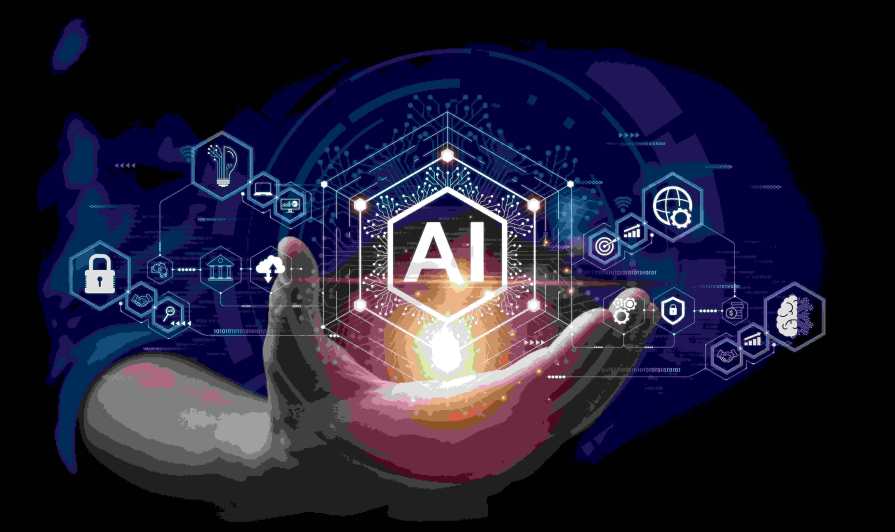
Happy Saturday! Hope you’re having a great weekend. Let’s dive into the top AI stories you might have missed. It was a busy week in the world of artificial intelligence, with groundbreaking developments, high-stakes investments, and global collaboration. From Elon Musk’s unsolicited $97.4 billion bid for OpenAI to the landmark AI Action Summit in Paris on February 10–11, 2025, the AI landscape made significant strides in innovation, regulation, and ethical governance.
Major players like Adobe, Google, and Anthropic unveiled new AI tools, while governments and organizations worldwide ramped up investments and frameworks to shape the future of AI. Here’s a roundup of the top AI news from the week.
AI News This Week
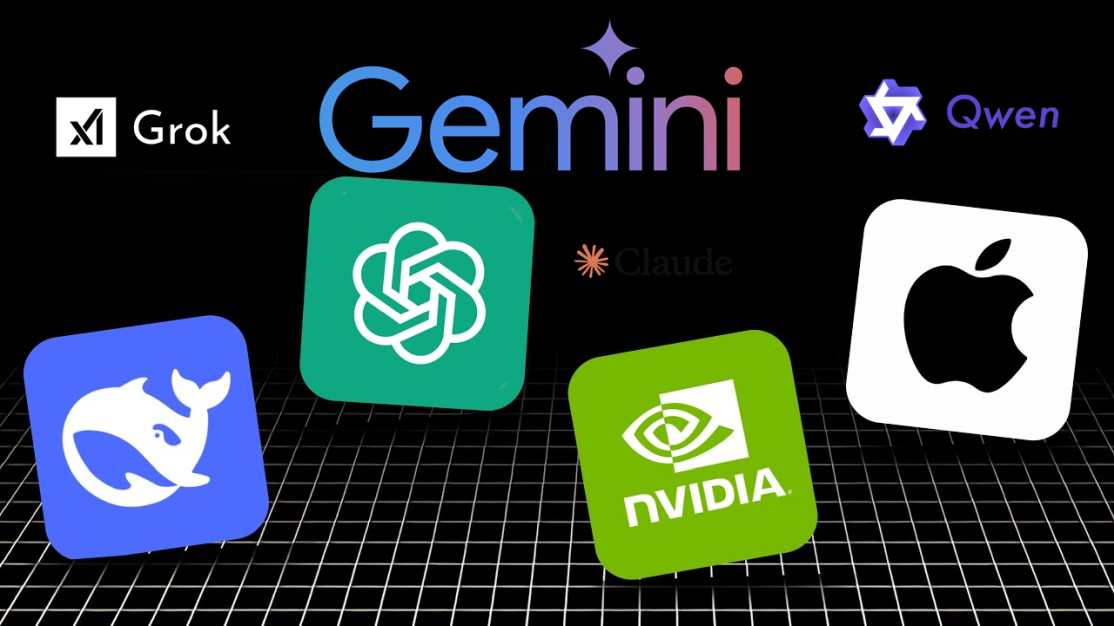
1. Elon Musk’s $97.4 Billion OpenAI Bid Gets a “No Thanks”
Elon Musk made an unsolicited offer of $97.4 billion this week to take control of OpenAI. But CEO Sam Altman wasn’t having it, publicly rejecting the bid. The move brought fresh attention to the ongoing friction between Musk and OpenAI, particularly around the company’s transition from its nonprofit roots to a more commercial focus. Musk, who co-founded OpenAI in 2015 but left in 2018, has criticized the company’s shift toward profit-driven goals. Many see Musk’s bold offer as an attempt to regain influence over the direction of one of the most influential AI players in the industry.
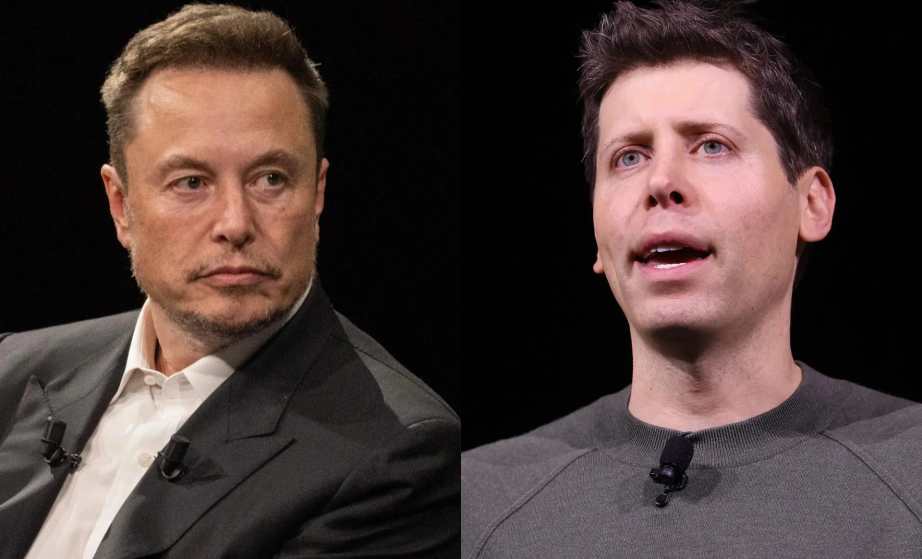
2. AI Action Summit in Paris
Paris became the global hub for AI discussions this week as France and India co-hosted the AI Action Summit, drawing representatives from over 100 countries. The conversations focused on making AI more ethical, sustainable, and accessible. Here are the key takeaways:
- France’s Big Bet: The country announced a colossal €109 billion investment to fuel AI development, particularly for startups, infrastructure, and eco-friendly data centers powered by nuclear energy.
- Collaboration Over Competition: Delegates stressed the need to reduce the global AI divide. India and Brazil, for example, called for more support in helping developing nations build AI capacity.
- Ethical AI Push: There was a strong consensus on the need for clear rules around AI, especially regarding its effects on democracy, labor, and cultural heritage.
France is clearly positioning itself as a heavyweight in the global AI race, using its nuclear-powered energy grid as a unique selling point for sustainable AI infrastructure.
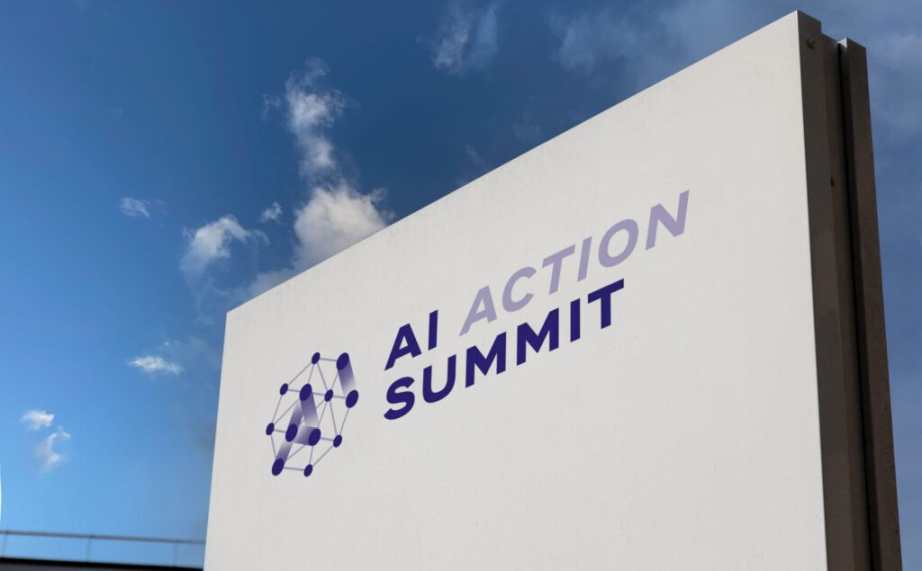
3. Adobe Launches Firefly Video Model
Adobe introduced its Firefly Video Model in public beta this week, marking a significant moment for video creation. The tool allows users to generate videos from text prompts or storyboards directly in Adobe Firefly and Premiere Pro. It’s user-friendly enough for beginners yet sophisticated enough for professionals. Adobe also made it clear that Firefly’s training relied only on licensed and public-domain content, a direct response to growing concerns over AI and copyright.
As we reported on Wednesday, the timing of Adobe’s launch is notable. It comes shortly after ByteDance unveiled OmniHuman-1, an AI tool that turns photos into lifelike human videos. The service lets you create five-second clips in 1080p resolution. That’s shorter than the 20-second clips OpenAI offers, but Adobe executives pointed out that most production clips are only around three seconds long.
Pricing starts at $9.99 for 20 clips per month or $29.99 for 70 clips. By comparison, OpenAI offers 50 lower-resolution videos for $20 a month, with a $200 plan for longer, higher-resolution content. Adobe is also working on a premium plan geared toward studios and heavy users, with pricing details expected later this year.
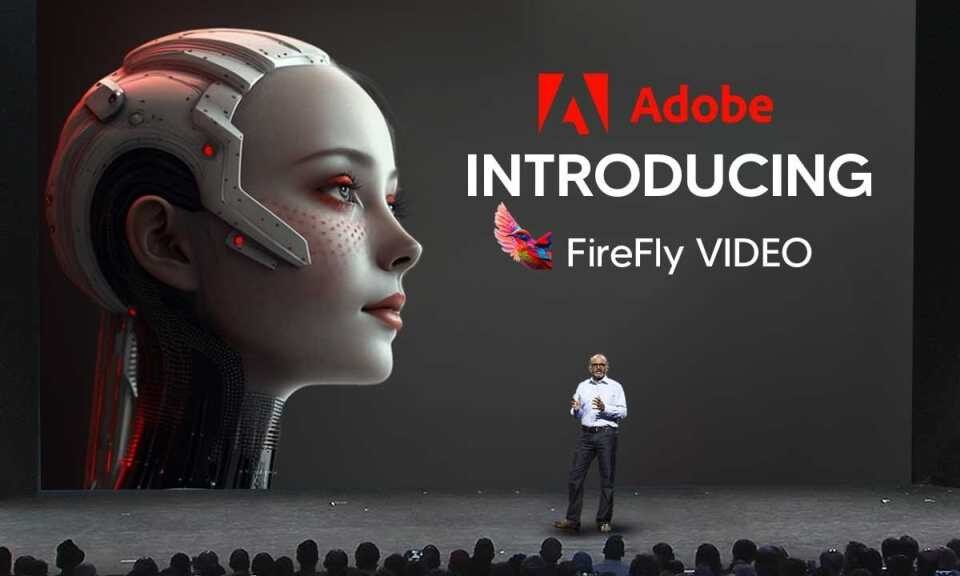
4. Google’s Veo 2 AI Comes to YouTube Shorts
While all attention is on DeepSeek and OpenAI, Google decided to spicy things up with the addition of new features for creators. The tech giant announced the launch of Veo 2, an AI model designed to simplify AI video creation for YouTube Shorts. The update lets creators generate videos directly within the platform, offering better quality and more creative options than its predecessor. This move is part of Google’s broader push to compete with TikTok and Instagram Reels by giving creators more innovative tools to work with.
“Today, Dream Screen is getting another major upgrade with the integration of Google DeepMind’s newest video generation model, Veo 2, making it more powerful than ever. And we’re also now launching a new capability powered by Veo 2: generating standalone video clips that you can add to any of your Shorts,” YouTube said in a blog post.

Veo 2 is coming to YouTube Shorts
5. DeepSeek Faces Regulatory Scrutiny
Chinese AI startup DeepSeek is under investigation in Europe for possible data privacy breaches. The news comes as DeepSeek sent shockwaves to the global markets following the success of its R1 model.
According to multiple reports, EU regulators are looking into whether DeepSeek’s data practices align with GDPR standards. Known for its efficient AI models, DeepSeek has been expanding aggressively into Europe, challenging industry giants like OpenAI. The investigation underscores the growing regulatory scrutiny around how AI companies handle personal data.
“Several DPAs (data protection authorities) have already started actions vis-a-vis DeepSeek and there may be further actions in the future,” a spokesperson for the European Data Protection Board (EDPB) said in an email after the meeting, which was later confirmed by Reuters.
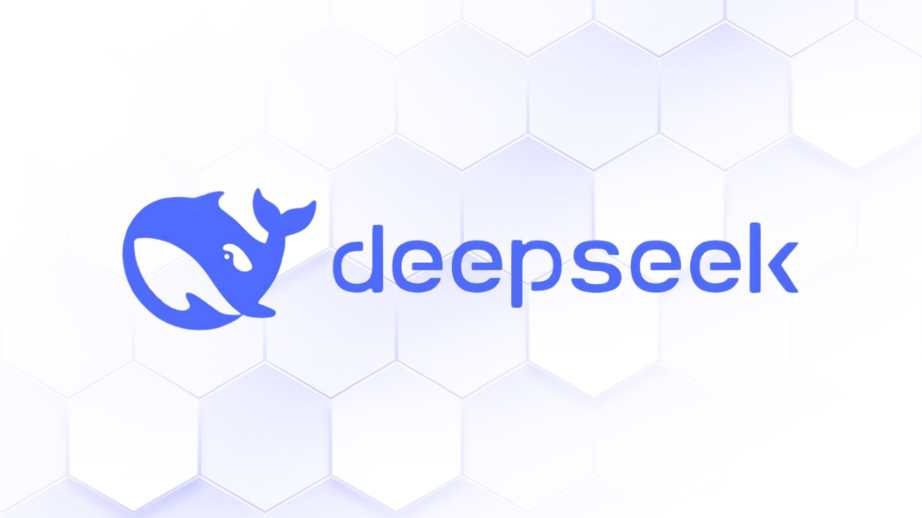
6. Apple Teams Up with Alibaba for AI in China
After teaming up with OpenAI last year to integrate ChatGPT across iPhone and other devices, Apple is now joining forces with Alibaba to bring AI-powered features to iPhones in China. The announcement came on Thursday, with Alibaba’s chairman Joe Tsai confirming the collaboration during a conference in Dubai on February 13.
This move is a strategic push to enhance Apple’s AI capabilities in a market where demand for smart, AI-driven tools is growing fast. The partnership will focus on integrating Alibaba’s AI technology into iOS, improving Siri and other features with localized capabilities tailored to Chinese users.
The collaboration reflects Apple’s broader plan to solidify its presence in China, a market where competitors like Huawei and Xiaomi continue to make strides. By working with Alibaba, Apple is positioning itself to stay competitive and meet the evolving needs of Chinese consumers.
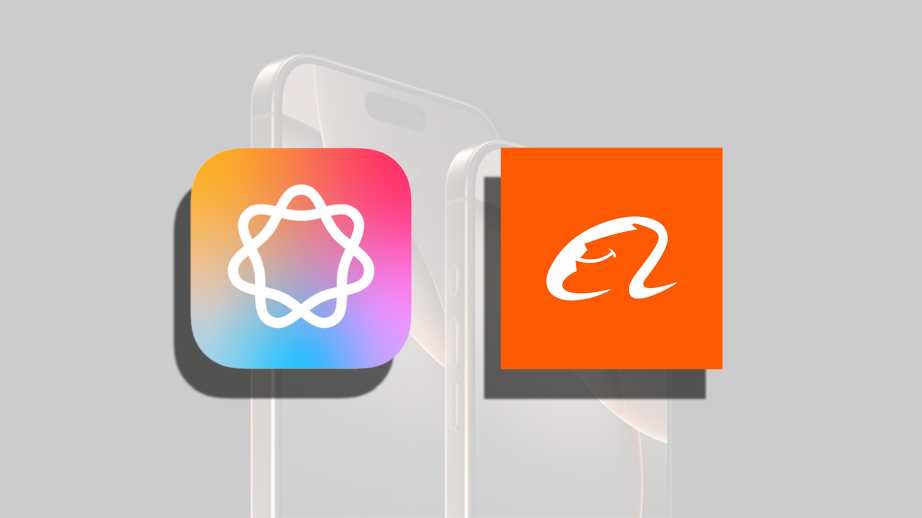
7. Anthropic Prepares Claude Model Update
While other AI labs have been pushing out model after model, Anthropic has stayed unusually quiet since releasing Claude 3.5 Sonnet in June 2024. But that silence might be about to end. According to a report from The Information on Thursday, the company is just weeks away from unveiling its next major AI model — one that could shake up the competition and arrive just in time for the industry’s shift toward hybrid models.
The upcoming release will feature a hybrid reasoning system, combining traditional language skills with advanced problem-solving capabilities. Anthropic has been clear about its commitment to safety, publishing research on methods to prevent AI jailbreaks and misuse. This new model is expected to challenge OpenAI’s GPT-4 and Google’s Gemini.
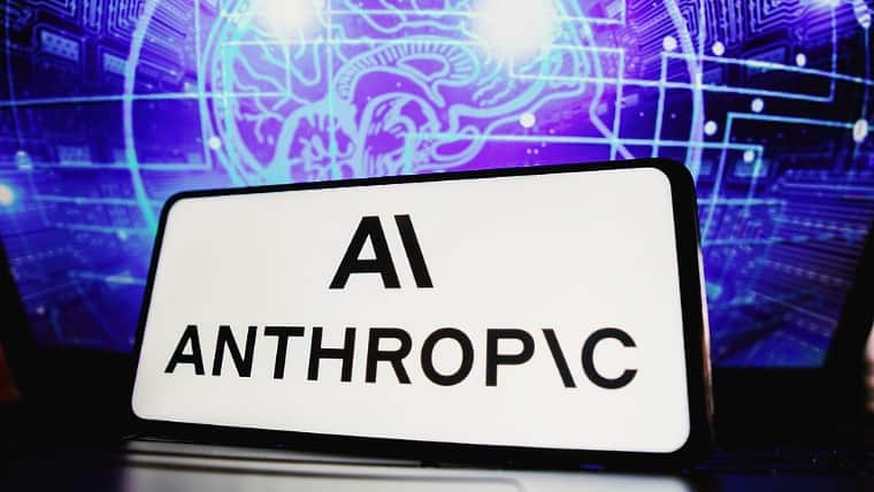
What to Expect:
- Adaptive Hybrid Model: The new Claude model will be able to switch between acting like a traditional language model and a deeper reasoning engine, depending on the task.
- Developer Control: A sliding scale system will let developers decide how much reasoning power each query requires, giving them more flexibility to balance performance and resource use.
- Stronger Coding Abilities: Early tests suggest the model performs particularly well in programming tasks and can handle large-scale codebases with ease.
The Backstory:
Rumors had swirled for months that Anthropic had already developed a model more capable than OpenAI’s GPT-4, but concerns over safety delayed its release. Now, it seems the company is confident the new model meets its rigorous standards.
Why It Matters:
OpenAI, Google, and other competitors have been releasing models at a steady pace, keeping the AI community buzzing with new capabilities and benchmarks. Anthropic, on the other hand, has taken a more measured approach. If this new release delivers on its promises, it could put Anthropic back in the spotlight — just as the industry pivots toward hybrid models that blend speed with deeper reasoning power.
8. Saudi Arabia Backs Groq’s AI Infrastructure:
This week wouldn’t be complete without mentioning the billions pouring into AI startups. The latest is Groq, a Silicon Valley startup developing chips to run generative AI models faster than traditional processors. The company announced it has secured a $1.5 billion commitment from the Kingdom of Saudi Arabia (KSA) to expand its AI inferencing infrastructure, scale its operations, and develop new technologies. The funding follows the company’s $640 million Series D round six months ago, led by BlackRock Private Equity Partners.
The latest investment aligns with the Kingdom’s Vision 2030 plan to build an AI-driven economy and become a global player in the tech world. Groq, known for its high-performance AI chips, will use the investment to scale its operations and develop new technologies. The partnership is part of Saudi Arabia’s broader strategy to diversify its economy and reduce its dependence on oil revenues.
In a statement, the AI chip startup said, “Groq has secured a $1.5 billion commitment from the Kingdom of Saudi Arabia (KSA) for expanded delivery of its advanced LPU-based AI inference infrastructure. This announcement was shared at LEAP 2025 and coupled with the news that Groq is now delivering market-leading AI inference capabilities to customers worldwide through GroqCloud™ from its state-of-the-art data center in Dammam, Saudi Arabia.”
Founded by CEO Jonathan Ross, Groq emerged from stealth in 2016 to create what it called an LPU (language processing unit) inference engine. The company claims its LPUs can run existing generative AI models, similar in architecture to OpenAI’s ChatGPT and GPT-4, at ten times the speed and one-tenth the energy. The unique, vertically integrated Groq AI inference platform has generated skyrocketing demand from developers seeking exceptional speed.

9. EU Invests €200 Billion in AI Development
The European Union is making a massive bet on AI with a €200 billion investment plan, including €20 billion earmarked for gigafactories. The goal? To cut down on dependence on foreign supply chains and fuel AI innovation across Europe.
This funding will go toward research, infrastructure, and the development of AI hubs throughout the continent. But it’s not just about technology — the EU is also investing in people. Over the next decade, millions of workers are set to receive training in AI-related fields to build a workforce ready for the future.
The announcement comes the same week France revealed a massive $112 billion investment in AI — its response to the U.S.’s Stargate initiative as the global AI race intensifies. President Emmanuel Macron announced on Sunday, February 9, just before the country’s global AI summit, that France’s AI sector will receive €109 billion ($112.6 billion) in private investments over the next few years.
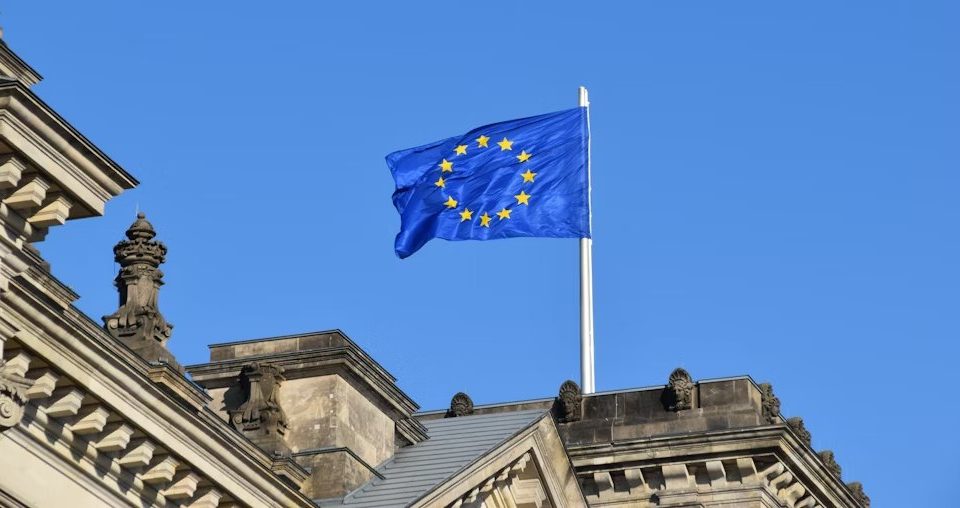
10. Apple’s Humanoid Robot Project: What We Know So Far
Apple is reportedly exploring both humanoid and non-humanoid robots as part of its vision for the smart home of the future. The project is still in its proof-of-concept (POC) phase, but it signals Apple’s growing interest in robotics. Analysts believe mass production isn’t likely before 2028, if it even moves forward.
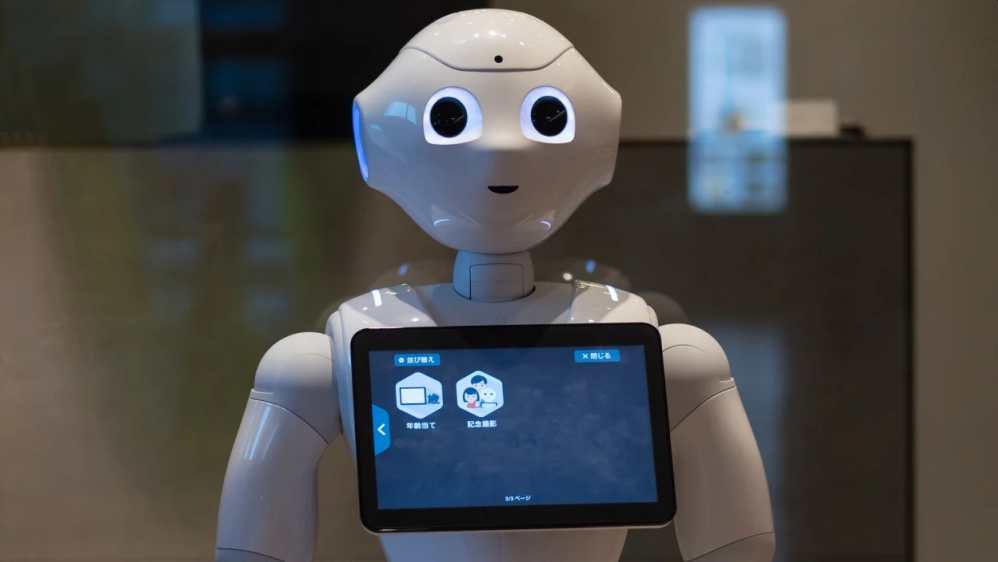
Key Details About the Project
Focus on Interaction Over Appearance
Apple is prioritizing how users interact with robots over their physical design. The company is working on sensing hardware and software to create robots that engage with people in natural, intuitive ways. Instead of focusing on human-like forms, Apple is taking an “anthropomorphic” approach—adding human-like behaviors without replicating human appearance.
Lamp-Shaped Robot Prototype
A standout prototype from Apple is a lamp-shaped robot with expressive, lifelike movements. Inspired by Pixar’s famous lamp, this design uses Apple’s ELEGNT framework to convey intent through motion. While these movements don’t help complete tasks, they aim to make interactions feel more engaging and dynamic.
Smart Home Ecosystem Integration
These robots are expected to become part of Apple’s smart home ecosystem. One prototype is a tabletop robot with an iPad-like display and a robotic arm. It could handle tasks like responding to voice commands, making FaceTime calls, and using Apple Intelligence for more interactive features.
Open Approach to Talent Recruitment
Apple has been unusually transparent about its robotics research, publishing papers and revealing prototypes. Experts suggest this openness is part of a strategy to attract top talent in the crowded AI and robotics field.
Challenges and Timeline
- Still in Early Stages: The project remains in the POC phase, a stage where Apple has shelved big ideas before—like the Apple Car.
- Mass Production Outlook: Analysts like Ming-Chi Kuo estimate that production won’t start until 2028, and only if the concept proves viable.
Competitive Landscape
Apple isn’t the only company betting on robotics. Meta, Tesla, and Figure AI are also investing heavily. Meta is developing AI-driven robots for household chores, while Tesla’s Optimus robot is already drawing attention. With these tech giants pushing forward, competition in the robotics space is heating up.
More AI News Stories You Can’t Afford to Miss This Week
Several big moves in AI made headlines during the week ending February 15, 2025:
- OpenAI’s GPT-5 Plans Revealed Sam Altman, CEO of OpenAI, announced that GPT-5 is expected to launch “in months,” with a potential release later in 2025.
- Microsoft Expands AI for 365 Copilot Microsoft is branching out beyond OpenAI’s models, exploring internal options like Phi-4 and considering open-source tools to diversify its AI capabilities.
- Anthropic AI Nears $2 Billion Funding Anthropic is reportedly close to securing a funding round that could push its valuation to $60 billion, signaling strong investor confidence.
- DeepSeek’s AI Innovations Stir U.S. Concerns DeepSeek’s recent advancements in AI are boosting China’s chip industry, prompting discussions in the U.S. about potential regulatory actions.
- SoftBank Becomes OpenAI’s Top Investor SoftBank has invested $40 billion in OpenAI, becoming its largest backer and reinforcing its commitment to AI innovation.
- Court Ruling on AI Training Sparks Concern A Delaware court has issued a ruling that raises new questions about the use of copyrighted material for AI training, putting major tech companies on edge.
- Apple’s Humanoid Robot Project Reports suggest Apple is working on a humanoid home robot, with a primary focus on advanced sensing hardware and software instead of appearance.
- EU AI Act Ban Takes Effect: The EU AI Act’s ban on certain AI systems, like social scoring and some facial recognition tech, officially kicked in on February 2. It’s a big step in regulating high-risk AI and making sure these technologies are used responsibly. The ban targets applications that pose significant risks to fundamental rights, such as mass surveillance and discriminatory practices. Companies found violating the new rules could face hefty fines, signaling the EU’s commitment to enforcing ethical AI standards.
- Saudi Arabia Backs Groq’s AI Infrastructure: Saudi Arabia is investing $1.5 billion in Groq to expand its AI inferencing infrastructure. This aligns with the Kingdom’s Vision 2030 plan to build an AI-driven economy and become a global player in the tech world. Groq, known for its high-performance AI chips, will use the investment to scale its operations and develop new technologies. The partnership is part of Saudi Arabia’s broader strategy to diversify its economy and reduce its dependence on oil revenues.
The AI sector continues to evolve rapidly, with these developments highlighting the mix of corporate strategy, innovation, and regulatory challenges shaping the industry.
Conclusion
In closing, the week ending February 15, 2025, was filled with significant developments in AI. From high-stakes corporate decisions to regulatory updates and global summits, the momentum was undeniable. These events highlighted the growing focus on ethical standards and international collaboration, underscoring how deeply AI is becoming part of daily life.
This week also made one thing clear: AI isn’t a distant concept—it’s here, and it’s evolving quickly. From new tools and innovative research to conversations about responsible development, the industry is laying the foundation for the future today. And it’s anything but boring.




